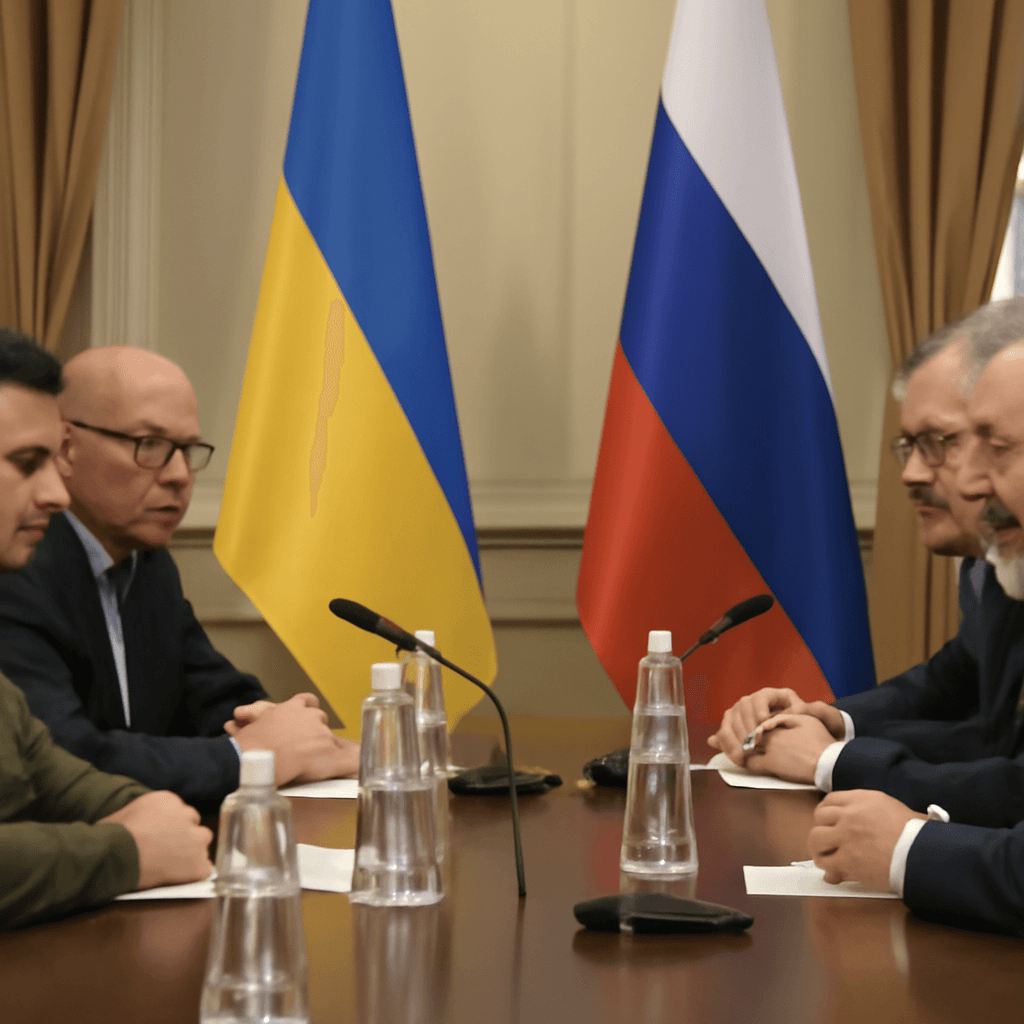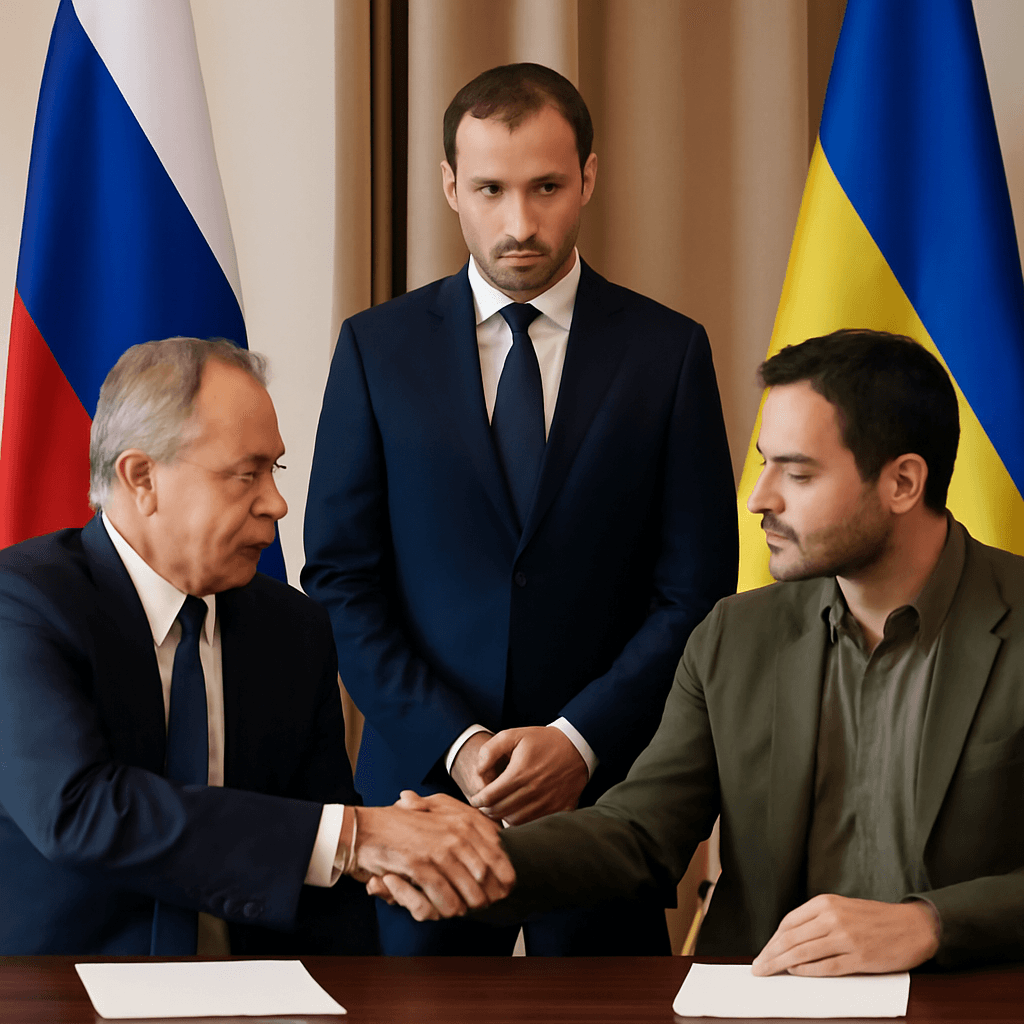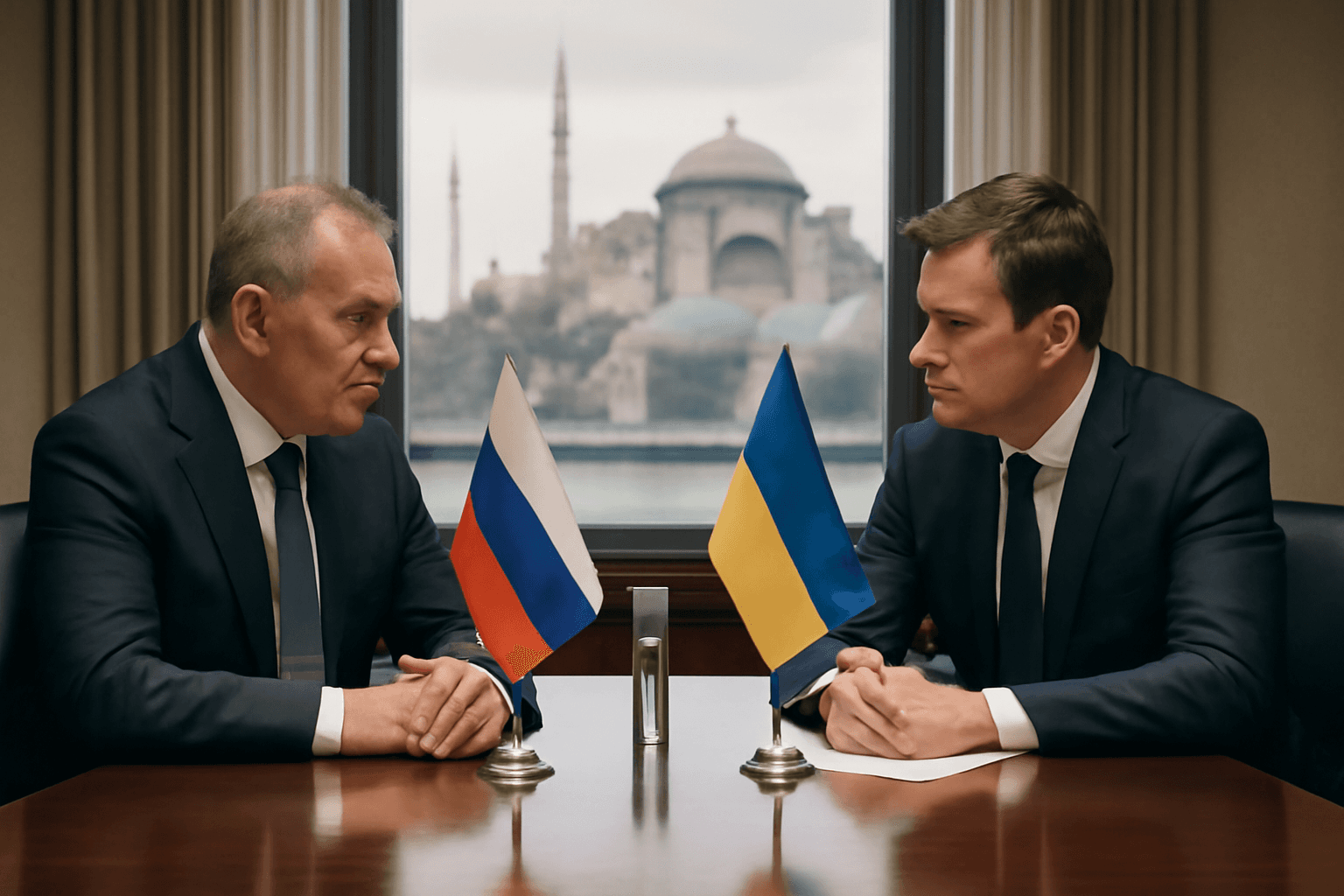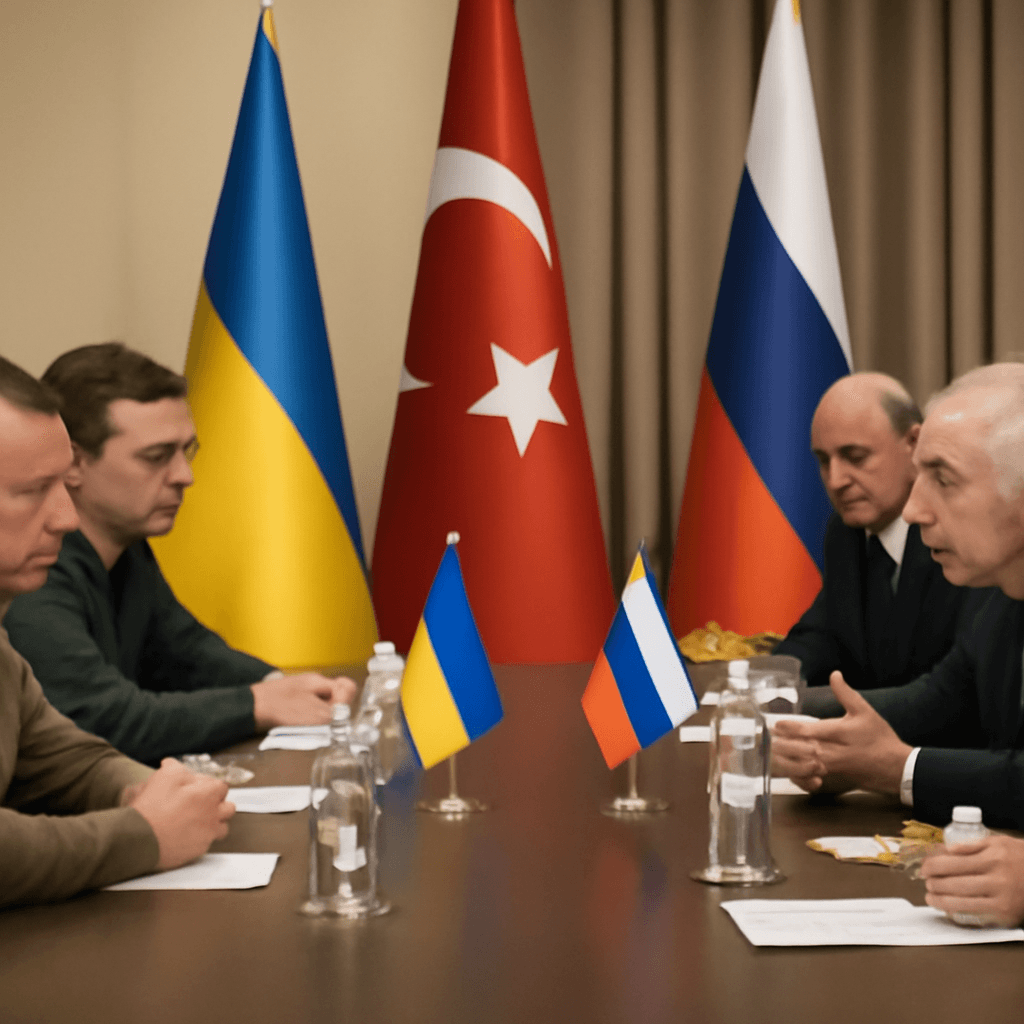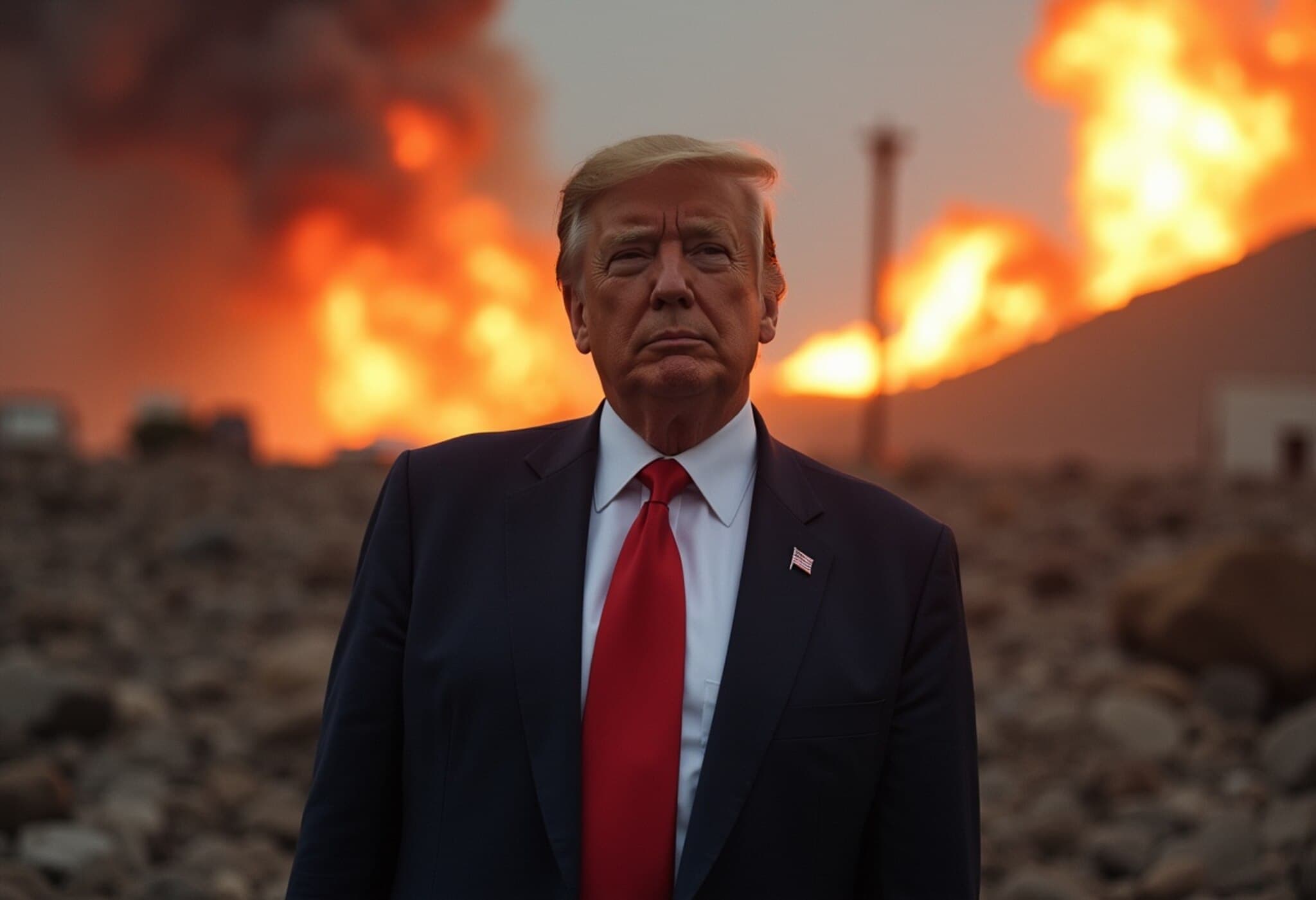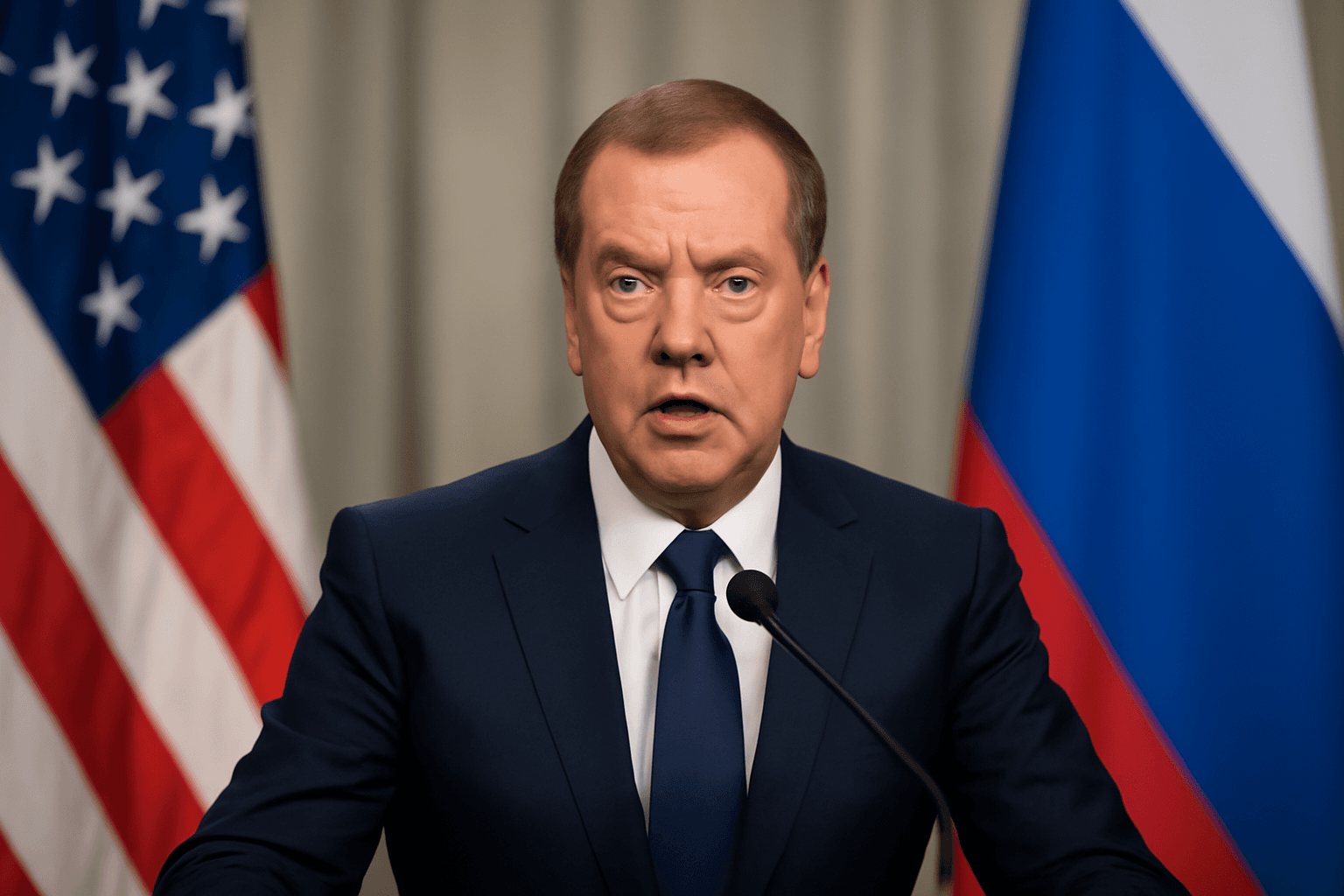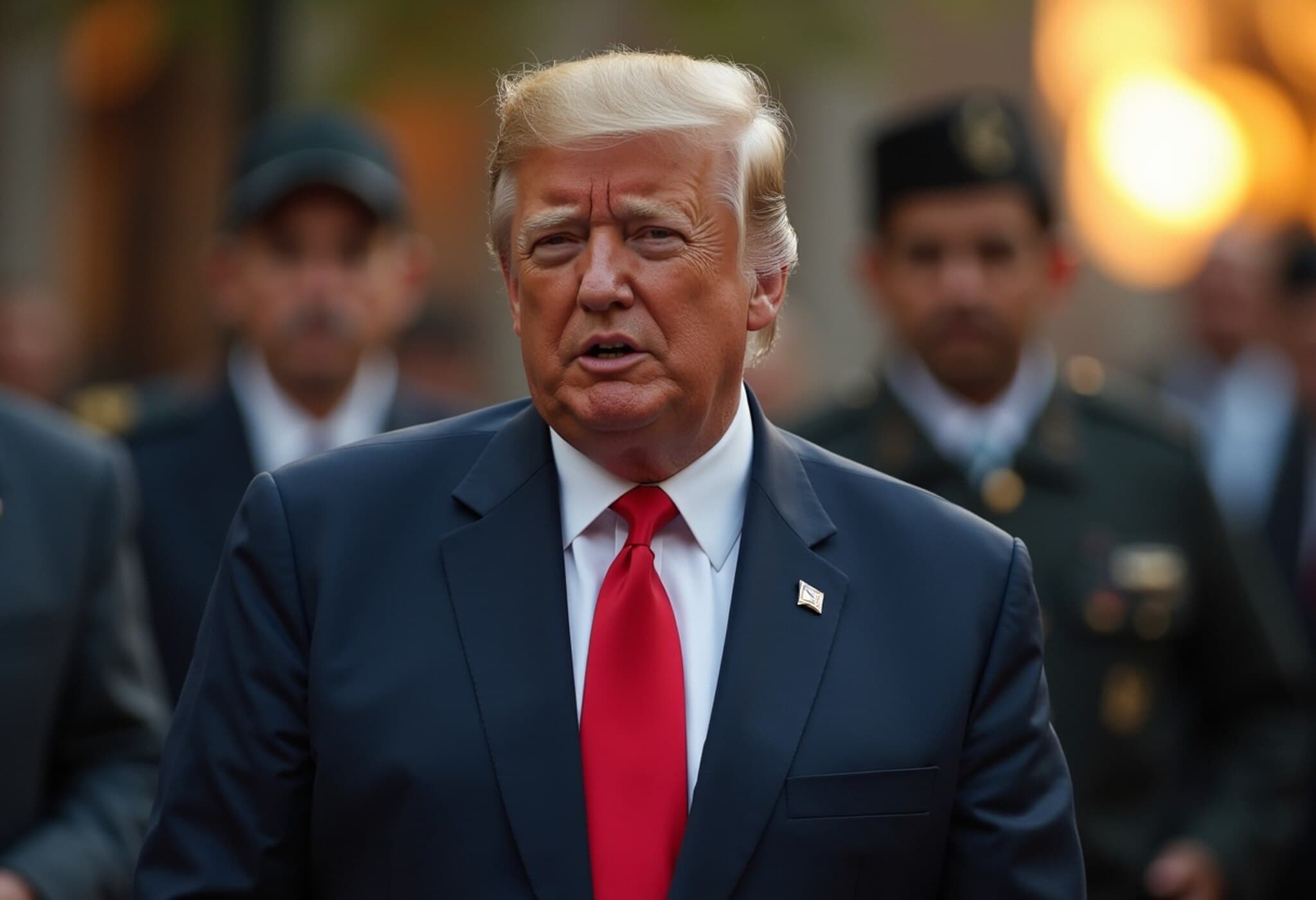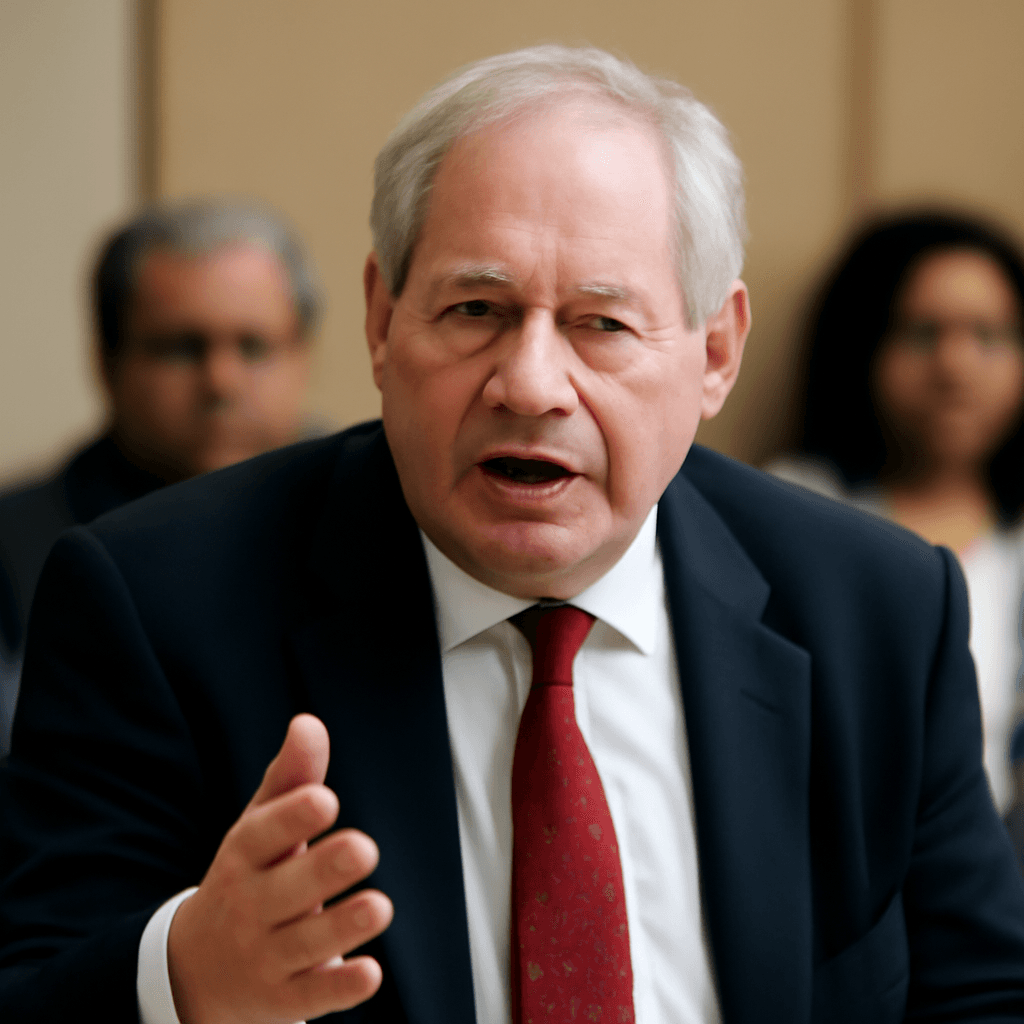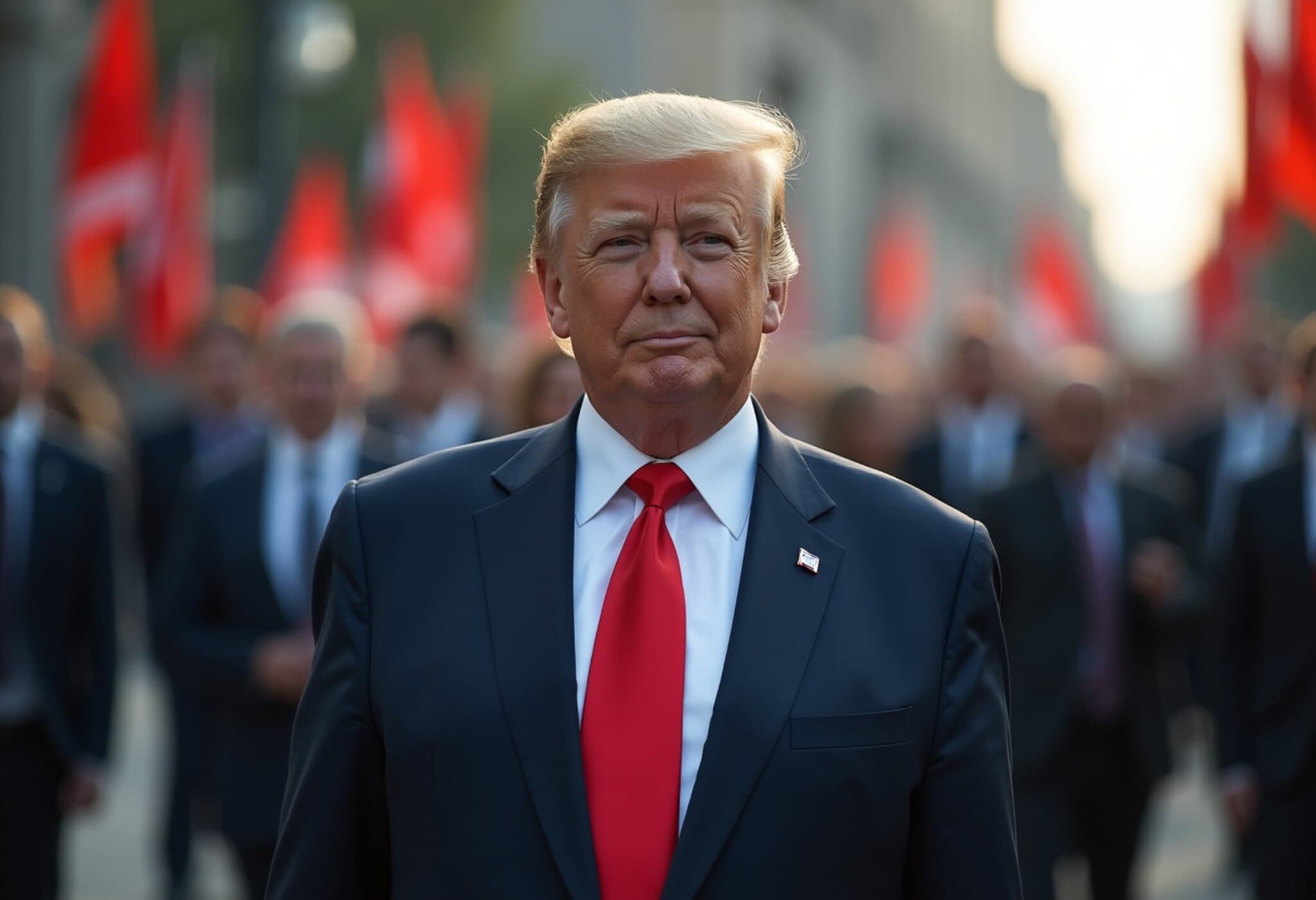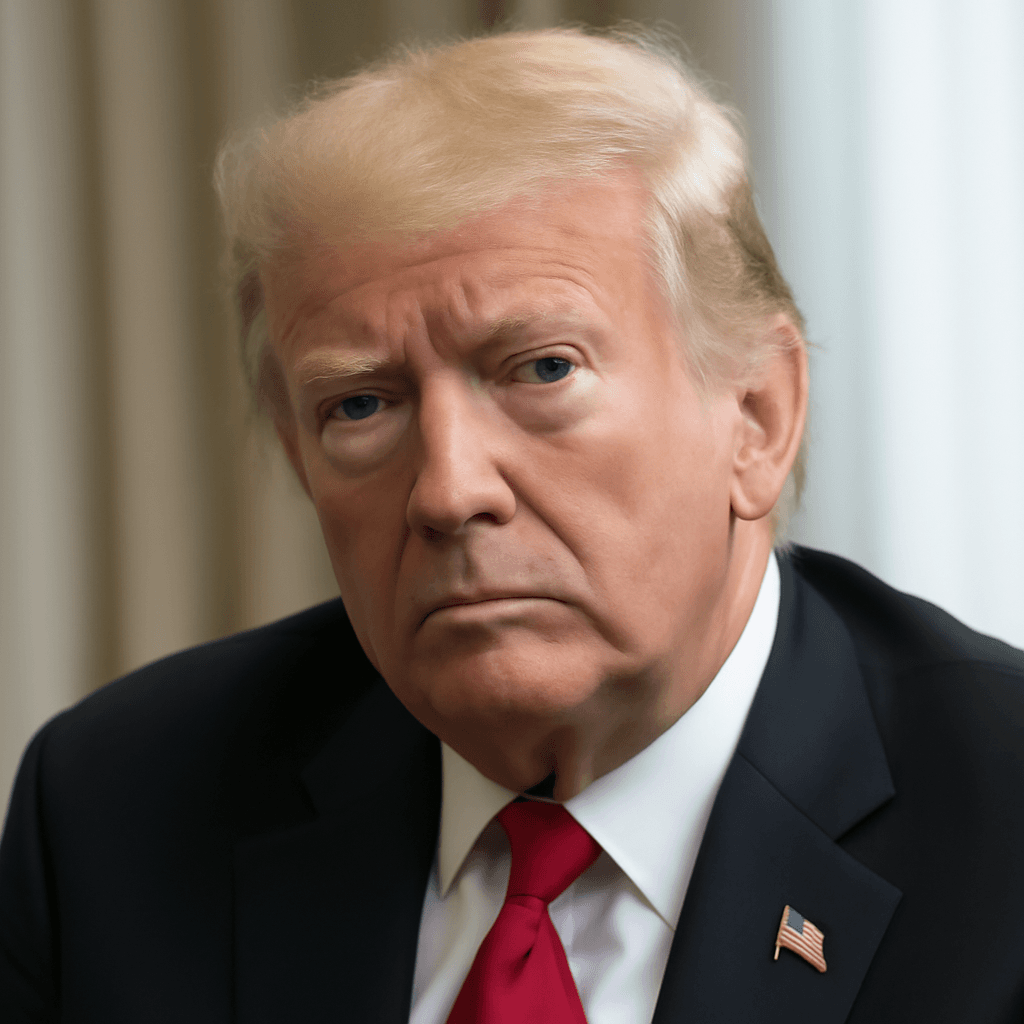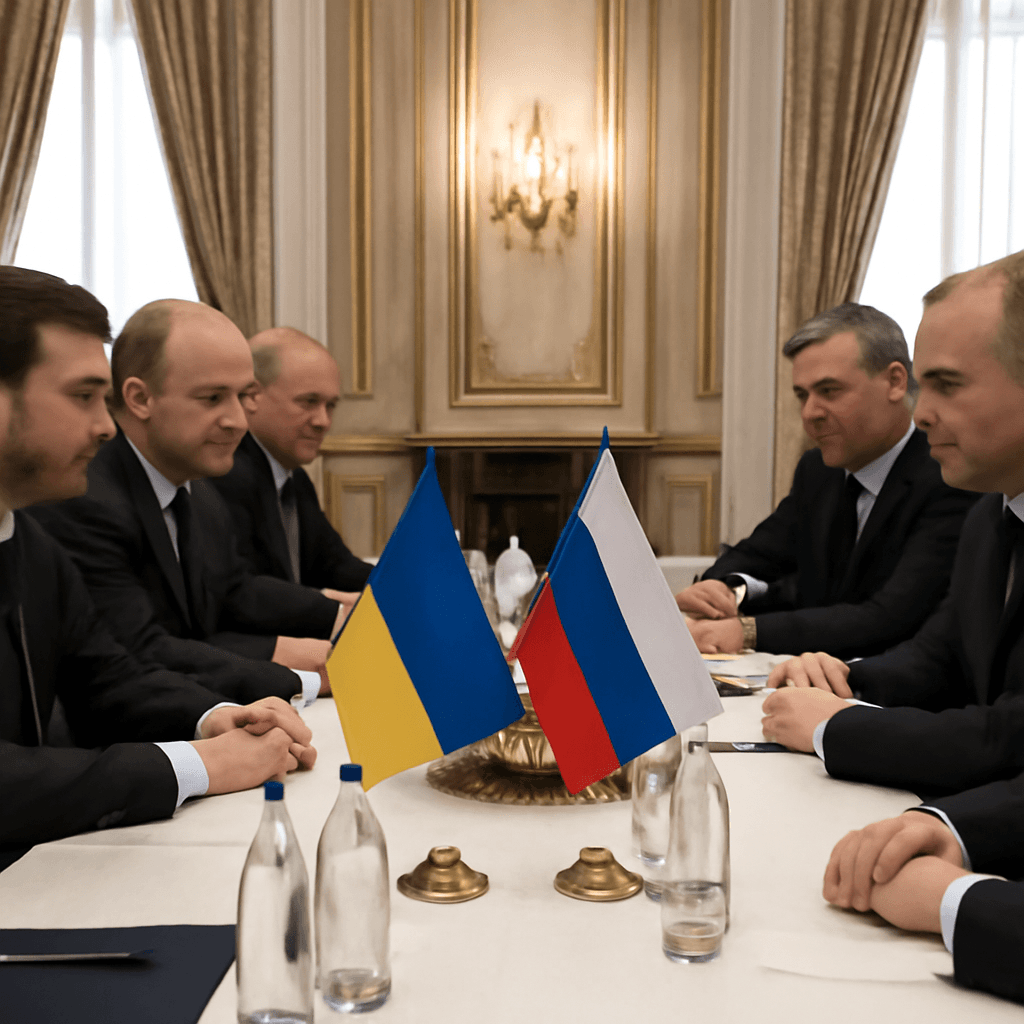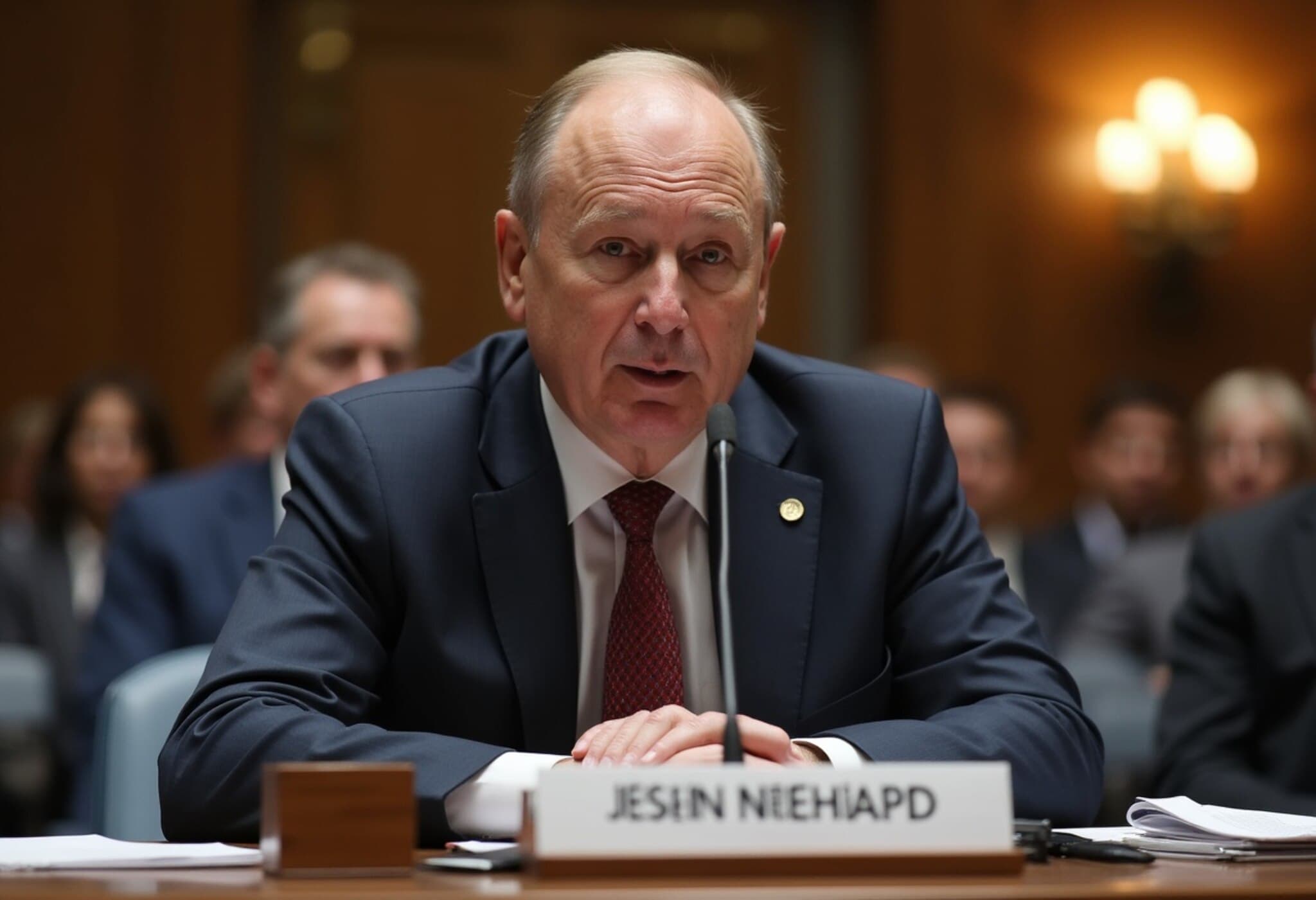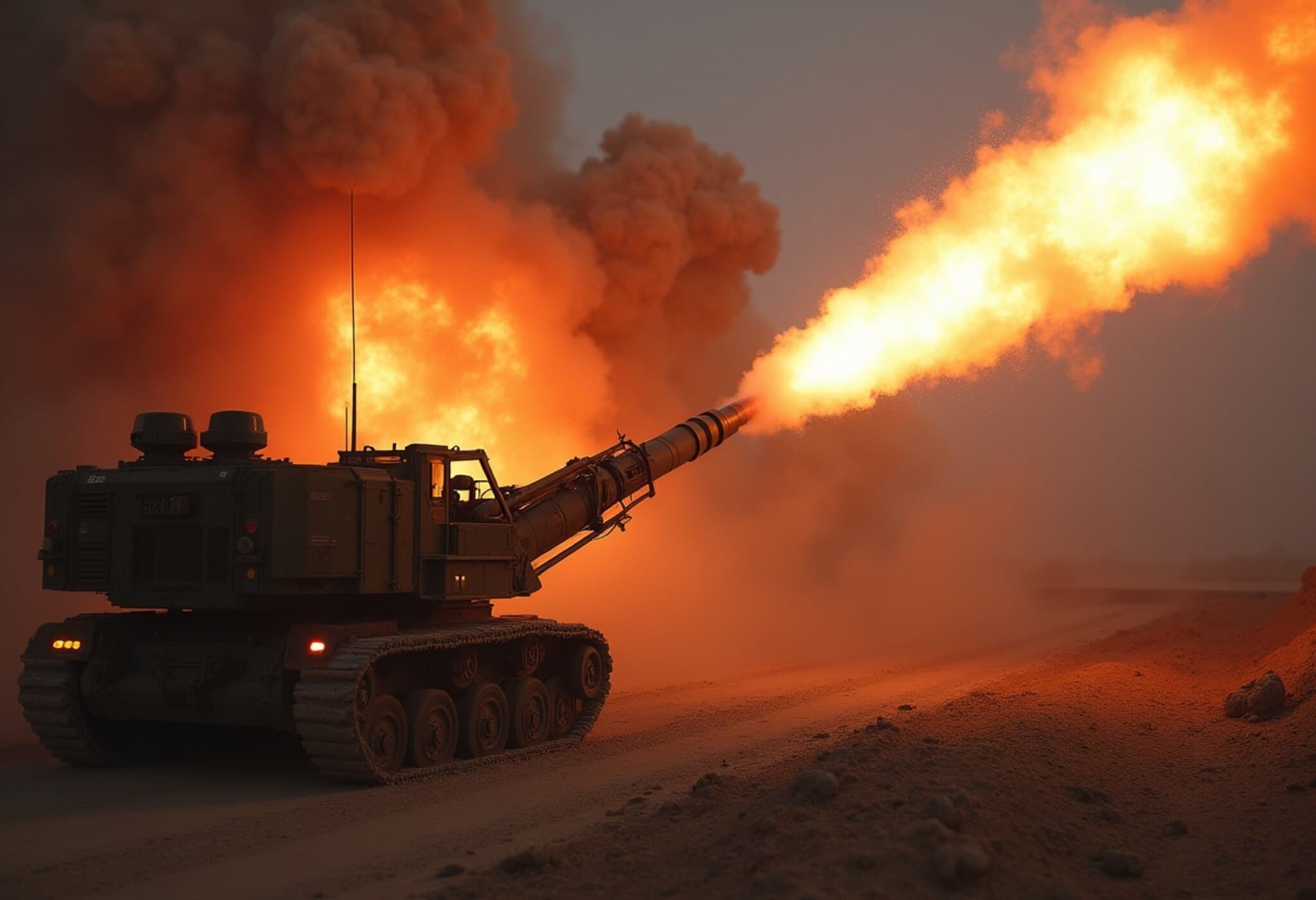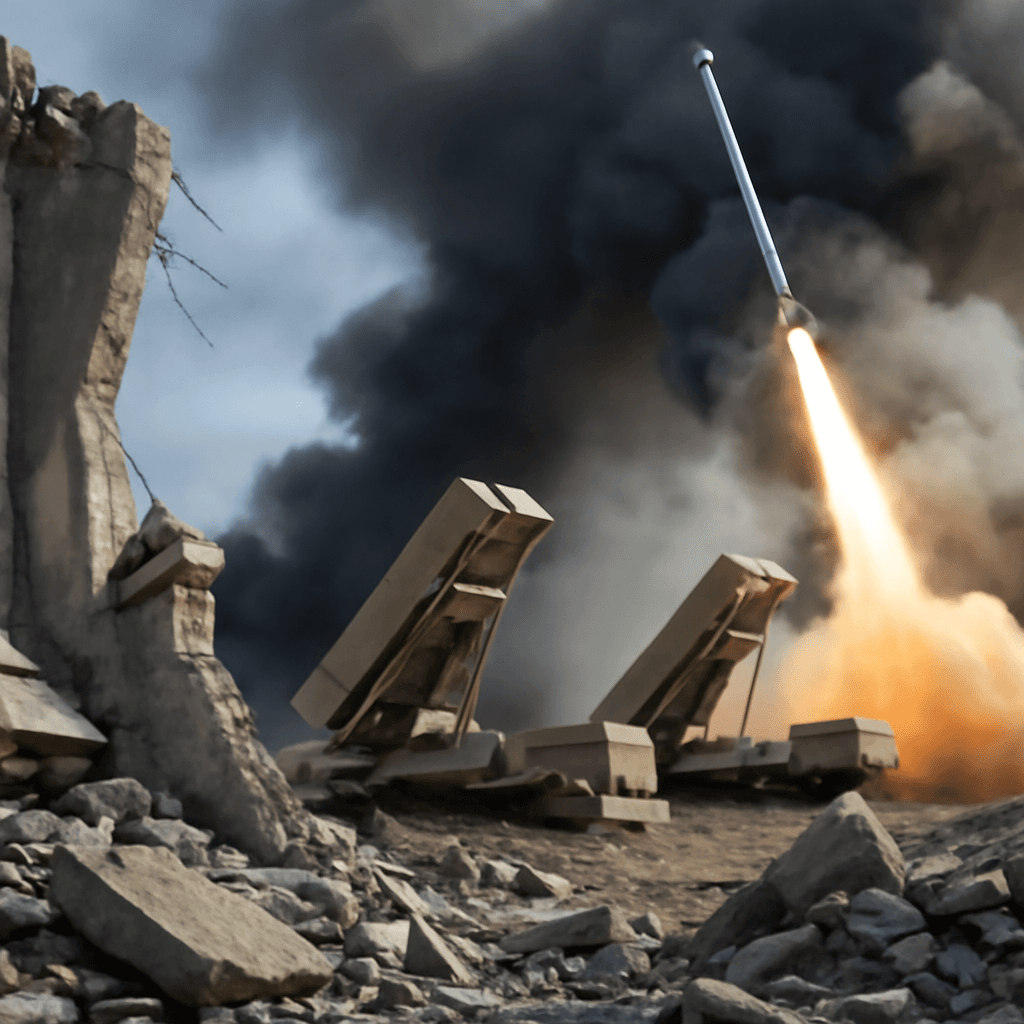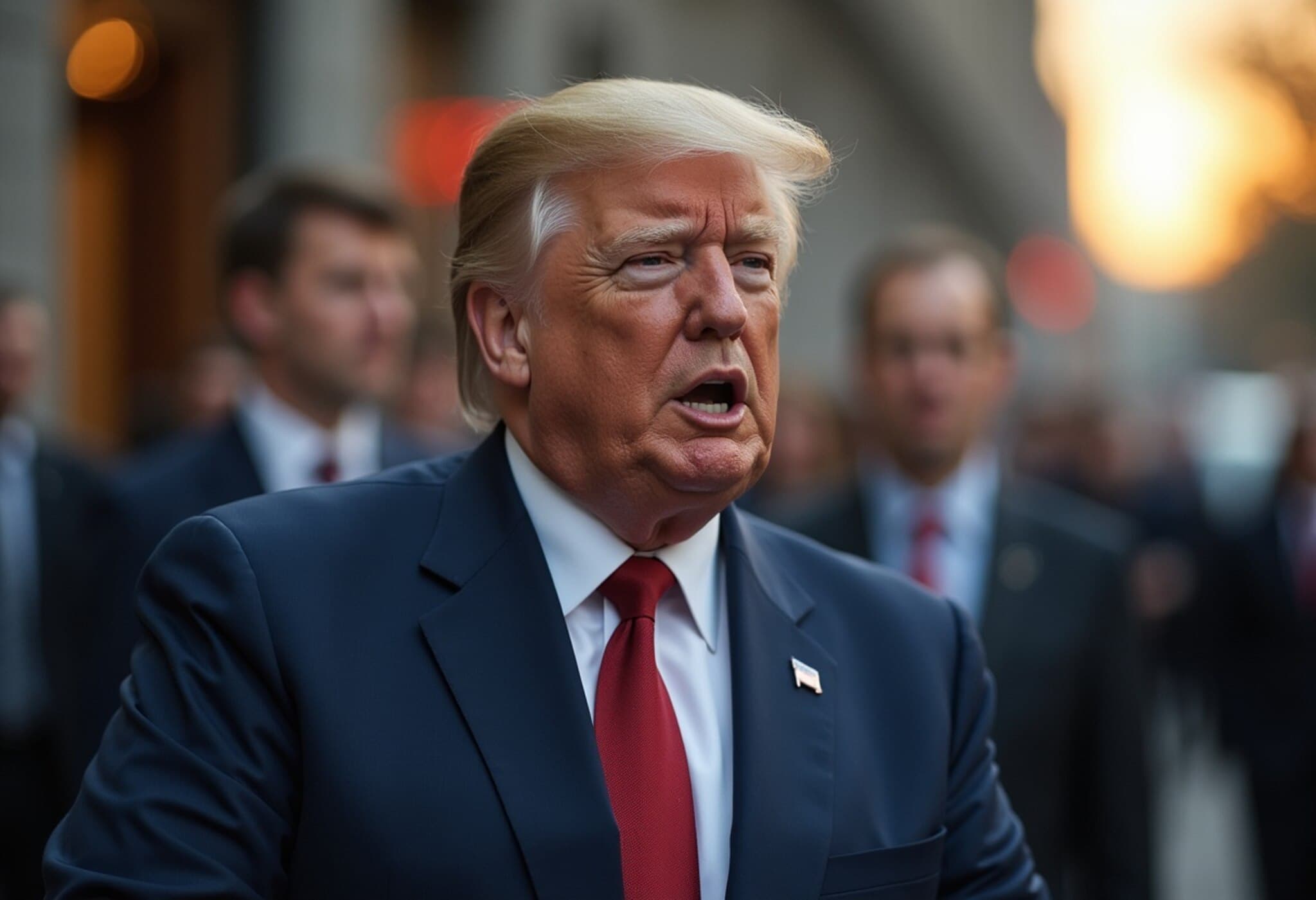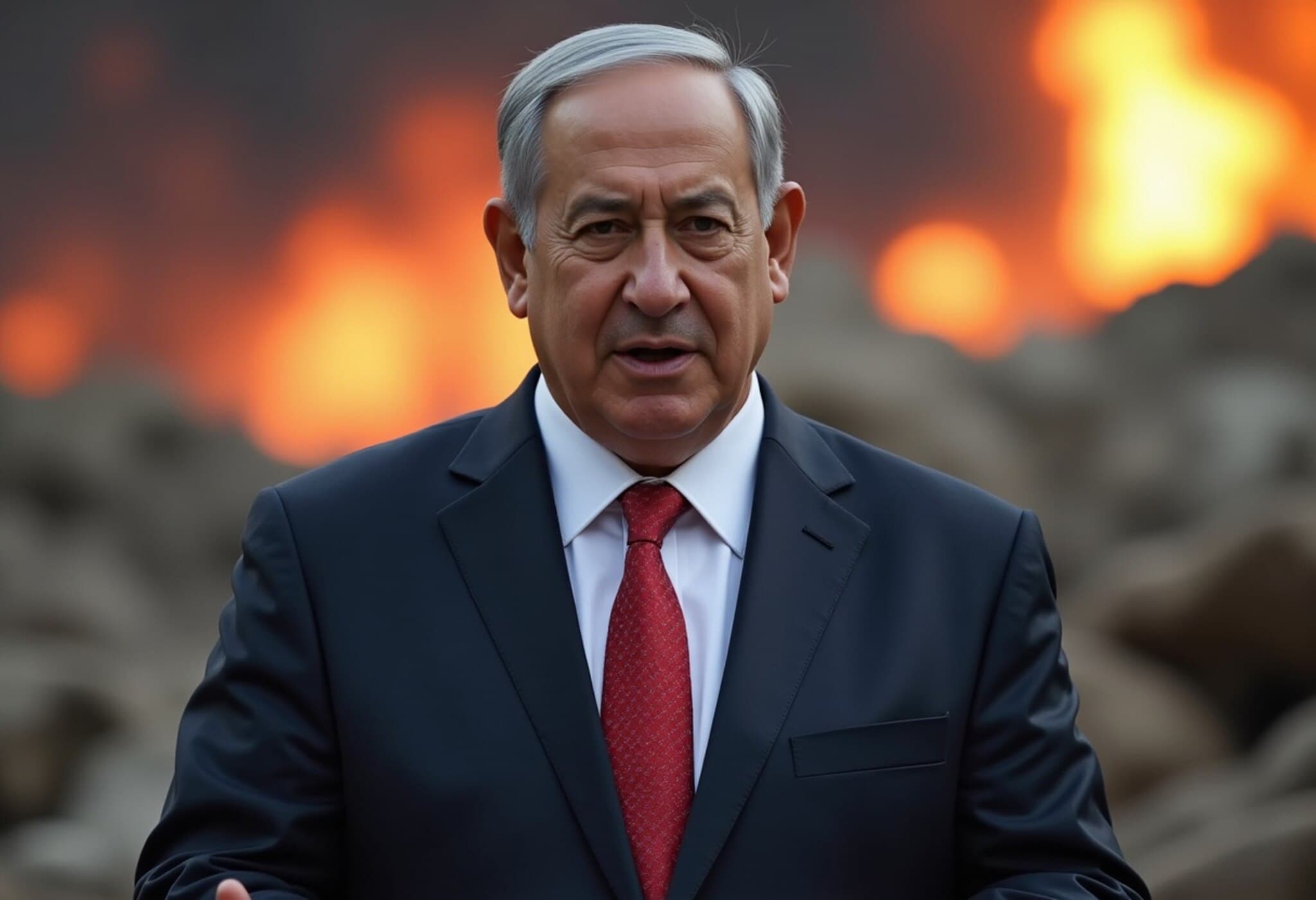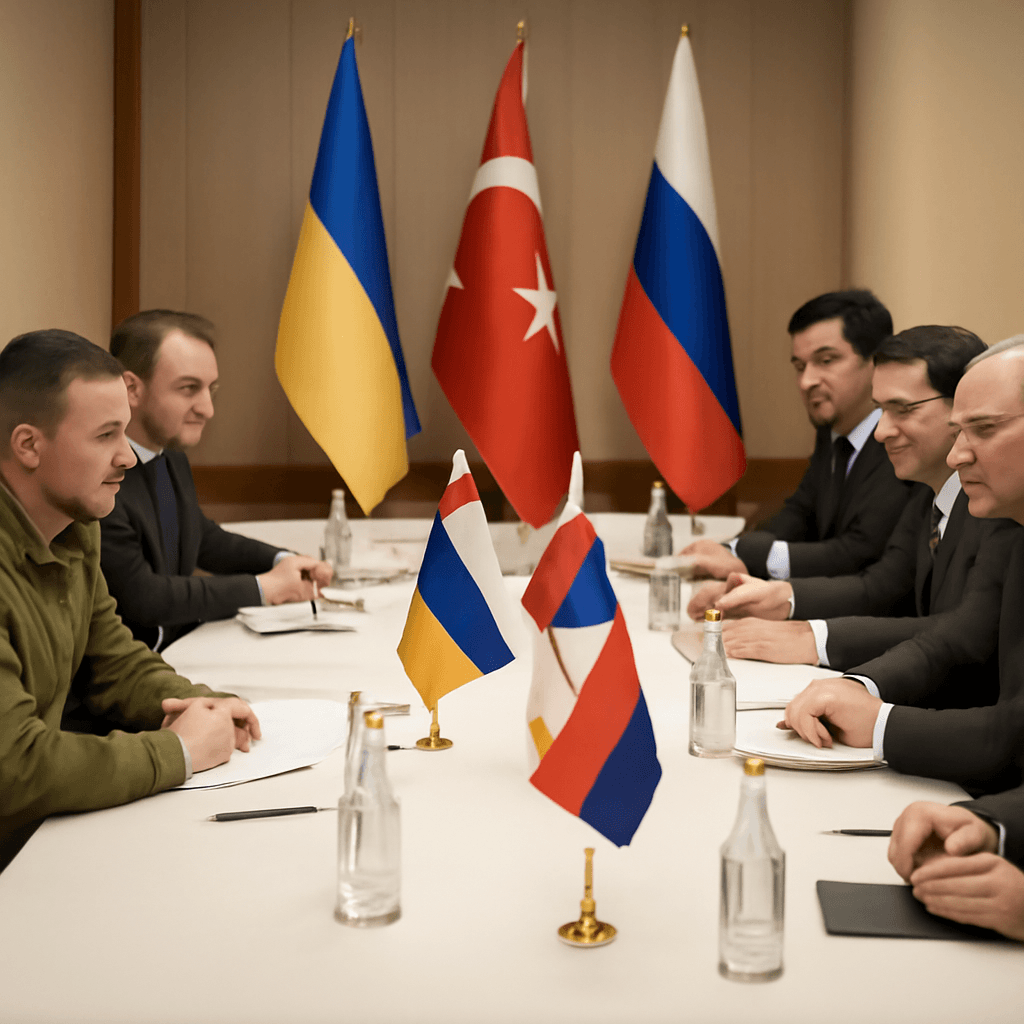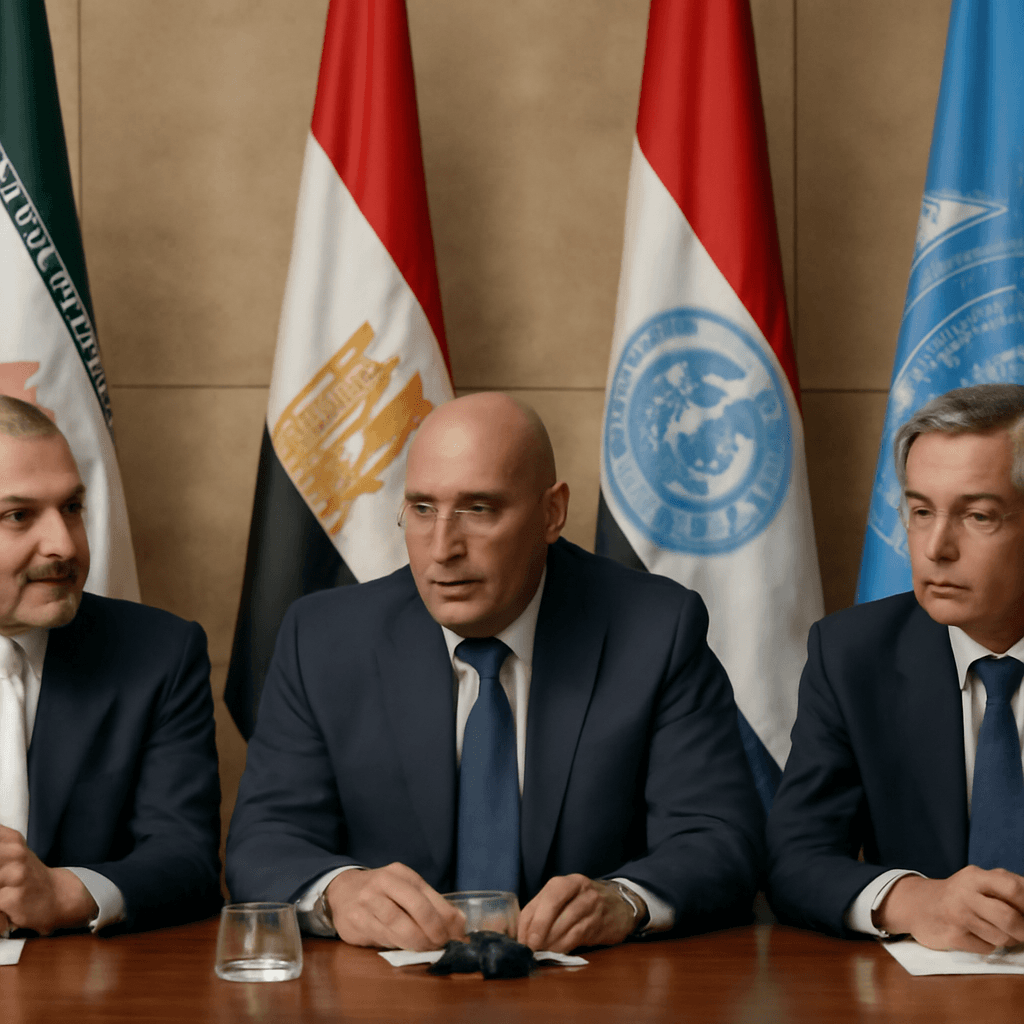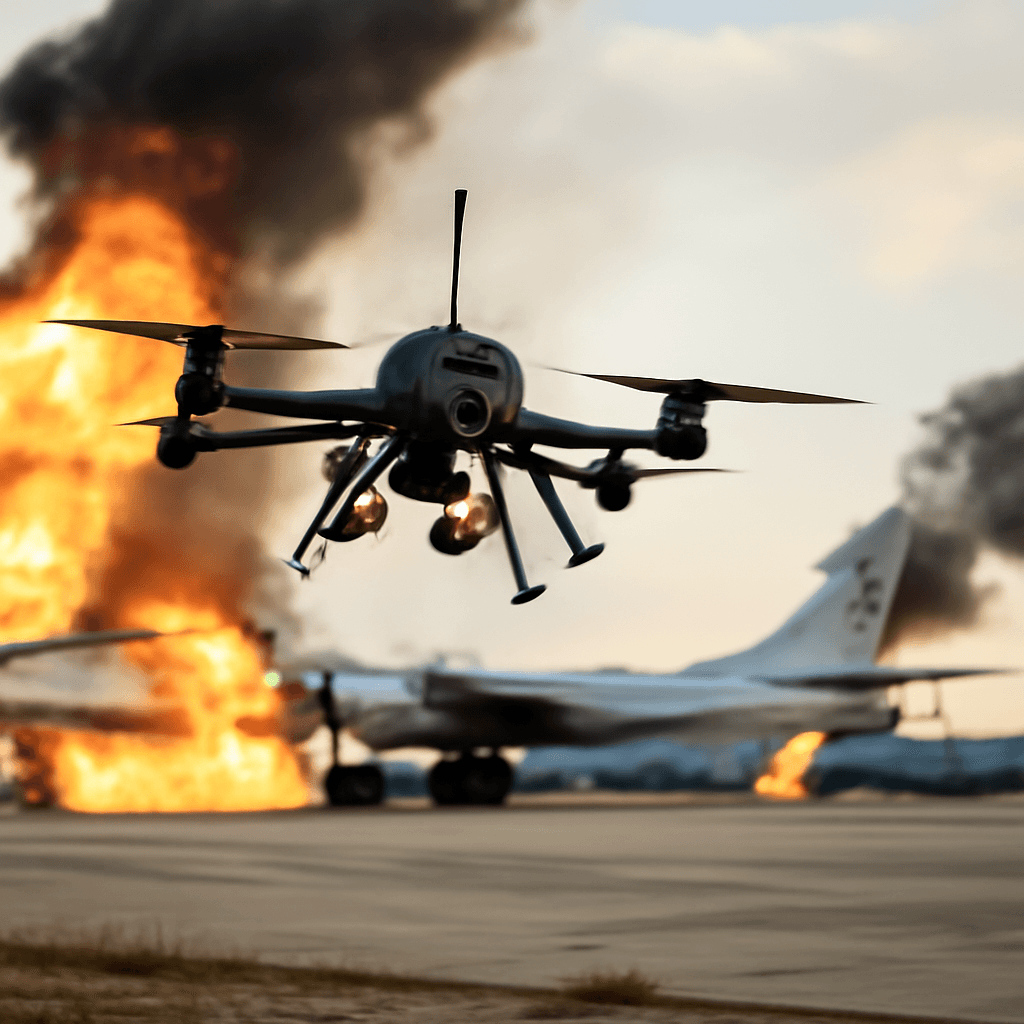Renewed Peace Negotiations Between Russia and Ukraine
Russian and Ukrainian delegations convened in Istanbul for the second direct peace talks since 2022. Despite high tensions following recent military actions, both sides met to discuss terms for a potential ceasefire and a sustainable resolution to the conflict.
Focus Areas of the Talks
Ukrainian President Volodymyr Zelenskiy, attending talks in Lithuania beforehand, emphasized the importance of prioritizing a ceasefire and humanitarian concerns at the Istanbul talks. Key humanitarian issues include the return of prisoners held by Russia, signaling Kyiv’s commitment toward alleviating human suffering amid the ongoing war.
Starkly Divergent Positions
The talks come on the heels of a significant Ukrainian strike against Russian nuclear-capable bombers, intensifying the already fraught atmosphere. Ukraine views Russia’s approach as an effort to force undue capitulation—a stance Kyiv rejects categorically. Conversely, Moscow demands Ukraine accept peace on terms favorable to Russia, warning that refusal could result in further territorial losses.
Previous Progress and Current Challenges
In their previous negotiations on May 16, the two sides achieved the largest prisoner exchange of the war, releasing 1,000 detainees each. However, no agreement on peace or ceasefire was reached as conflicting agendas remain unresolved. Both parties initially presented their positions without movement toward consensus.
Expectations and External Pressures
Internationally, the United States has expressed concern over the lack of progress, cautioning that its role as mediator might be reconsidered if no tangible steps toward peace are made. A Ukrainian source indicated a willingness to advance negotiations if Russia demonstrates flexibility rather than repeating prior ultimatums.
Atmosphere and Reactions Before the Talks
In Russia, nationalist sentiments have intensified following Ukraine’s recent attacks on strategic targets, including Siberian military airfields housing long-range bombers. Russian commentators have called for decisive retaliatory actions, reflecting internal pressure to adopt a hardline stance. Some analysts describe the Istanbul talks as discordant, with both sides entrenched in fundamentally different objectives.
Military Context
- Ukraine reported facing an unprecedented assault of 472 drones launched by Russia, signifying the highest frequency of attacks in this war phase.
- Russian forces made their fastest territorial advances in six months during May, influencing their negotiating posture.
The current round of talks signals a complex interplay between diplomacy and ongoing hostilities, underscoring the difficulty of reconciling divergent goals amid escalating conflict dynamics.

